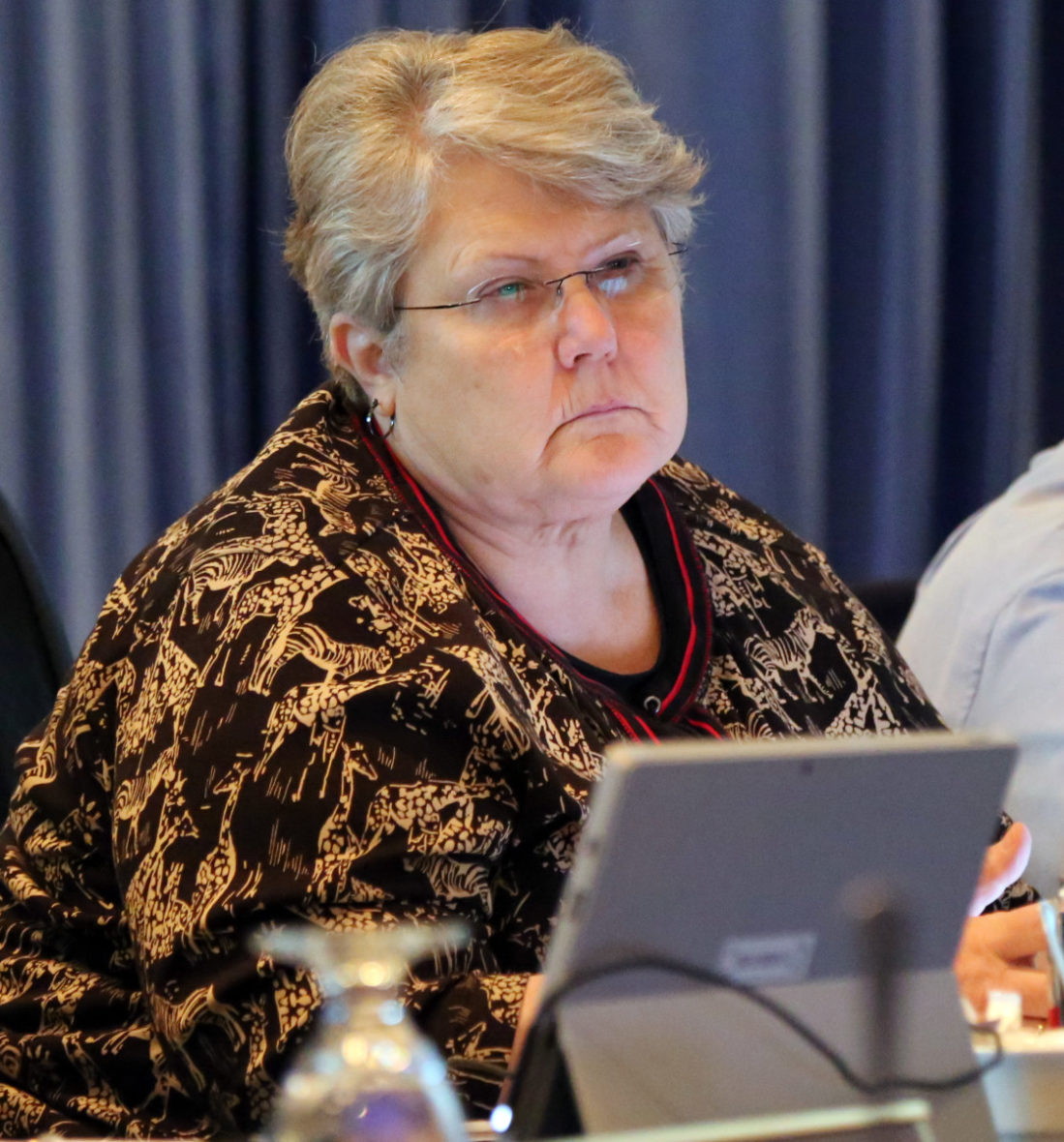
Co-chair Linda Clark called it “a red-letter day.”
Then, minutes later, the State Board of Education member had a reminder for other members of the state’s higher education task force. Now, the hard work begins.
On Friday Gov. Butch Otter’s higher education task force signed off on 12 recommendations on 12 unanimous votes.
But as Clark and other task force members pointed out at the conclusion of Friday’s meeting, implementation is another matter. And a time-consuming matter. Otter’s K-12 task force issued its recommendations in 2013. The state is still working on implementation — on everything from a mastery-based learning model to changes in Idaho’s school funding formula.
Here’s a rundown of the higher ed task force’s 12 recommendations.
A statewide “digital campus.” Task force members are looking at this as a game-changer. As they look for ways to get another 40,000 students into the system, they see a digital campus as an affordable college option that breaks down geographic barriers. The digital campus would tap into the current higher education system.
More money for college scholarships. The task force wants to expand the Opportunity Scholarship program and make money available to more high school graduates. The high-school GPA threshold would drop from 3.0 to 2.5. The task force also wants to fund the “adult completers” scholarship for older students who need credits to finish a degree. Otter has pushed this idea for two years, but the Legislature hasn’t signed on.
Rewriting and resetting the “60 percent goal.” The task force still wants 60 percent of Idaho’s 25- to 34-year-olds to have a postsecondary degree. But the group dropped the original 2020 target date, opting for a 2025 goal. The task force also opted for what it calls an “aspirational” tone, saying the goal will help Idahoans survive and thrive in a changing work force.
A “system-ness” goal, as the task force calls it. The group wants the state’s colleges and universities to integrate services, such as IT, to build a “student-centric system.”
Outcomes-based funding. The task force wants the state to launch some form of outcomes-based higher education funding by 2019-20. Funding would be based, for example, on the number of degrees awarded. Colleges and universities could get bonuses for on-time graduations, or serving at-risk students. It’s unclear how many higher education dollars would shift into an outcomes-based pool.

The outcomes-based model generated some debate Friday. Rep. Ilana Rubel, D-Boise, suggested the model could encourage colleges and universities to water down the quality of degrees. Other task force members said the shift would make higher education budgets more transparent — and more palatable to skeptical legislators. “This is an easy sell,” said Sen. Bob Nonini, R-Coeur d’Alene.
The recommendation still passed unanimously.
K-12 upgrades, including an “enhanced statewide digital delivery system.”
A K-20 “guided pathways program.” Think in terms of a broad scope, stretching from kindergarten through graduate school. Some ingredients in this goal: early learning opportunities, and advising programs that begin no later than eighth grade.
Improved student completion. This goal also incorporates digital learning, as a tool to keep time- and place-bound students in school, and early interventions for struggling students.
Adopting the recommendations of another state task force — Otter’s work force development task force.
A “competency-based system.” This is akin to the mastery-based approach to K-12, now in its infancy in Idaho. Students would earn college degrees and certificates based on mastery of subject matter, rather than class time.
Partnering with industry. An increased emphasis on internships, apprenticeships and workplace-campus co-op programs.
Credits from the workplace. Students should receive postsecondary credits for work force training.
